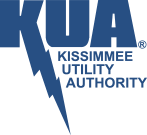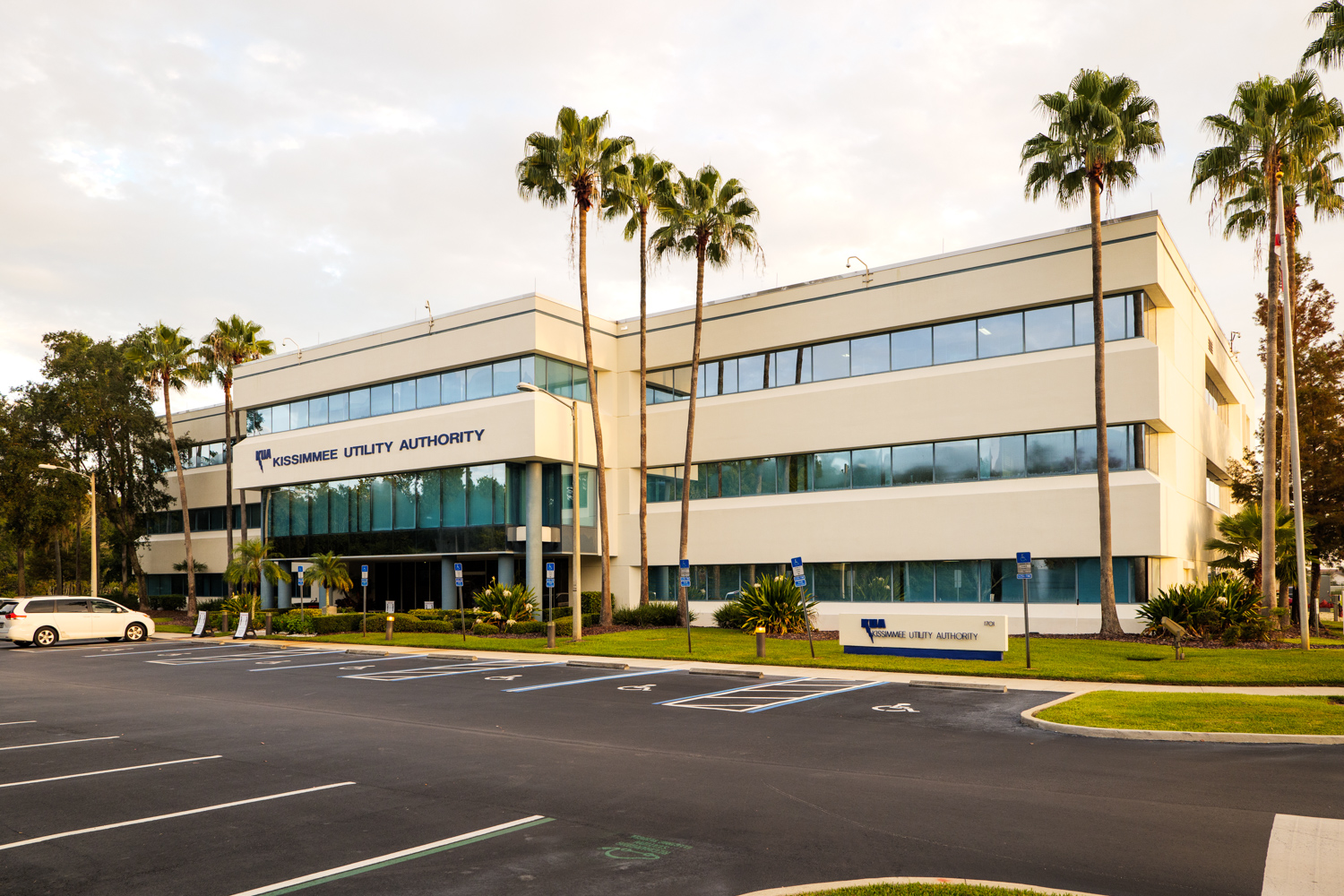KISSIMMEE, Fla., February 13, 2018 – Kissimmee Utility Authority is warning its customers to beware of a fast-moving bill payment scam that is targeting residents and businesses in Kissimmee.
Between 1–4 p.m. Tuesday, the utility received more than 90 reports from customers who had been threatened with service disconnection if payment on an unpaid account balance was not made immediately. In one case, the scammers were successful in obtaining $1,000 from an unsuspecting business customer.
In each case, the customers were contacted by phone by individuals claiming to be from KUA and advising of a past due balance on their utility bill. Even though these customers are not behind on their payments, the scammers warn that service will be shut off immediately unless the customer agrees to make an immediate payment. Threats of immediate disconnection are generally a sign that customers have been contacted by a scam artist.
The calls originated from three telephone numbers, 844-778-6633, 844-652-4224 and 844-654-7677.
KUA provides a mailed past-due notice and an automated reminder call before terminating service, but never demands direct payment over the telephone. If customers wish, they can arrange for a payment by check, credit card or debit card if they speak directly to a customer service representative or pay online at http://ebill.kua.com.
KUA offers these tips to avoid falling victim to a utility scam:
* If contacted by a suspicious individual representing KUA, hang up the phone or close the door, and call the utility’s direct phone number at (407) 933-7777 to confirm an identity. Representatives from KUA always carry proper identification.
* Do not give a caller or visitor cash, a prepaid card, such as a Green Dot card, a wire transfer or any other form of payment that may be difficult to trace.
* Ignore suspicious requests for personal information such as bank account numbers, user names and passwords, credit card numbers or Social Security numbers.
* Delete any emails from utilities that are not your service provider.
* Delete all suspicious emails that require immediate action to verify or demand personal information.
* Customers approached for this type of personal information, or who believe they may be a victim of a scam, should report the incident to the utility and local law enforcement.
“Scams like this are all too common and the individuals behind them continue to find new ways to trick good people out of their money,” said Susan Postans, KUA’s vice president of customer service. “We encourage our customers to always ask questions before they provide personal information.”
Founded in 1901, KUA (www.kua.com) is Florida’s sixth largest community-owned utility powering 74,000 customers in Osceola County, Fla.


